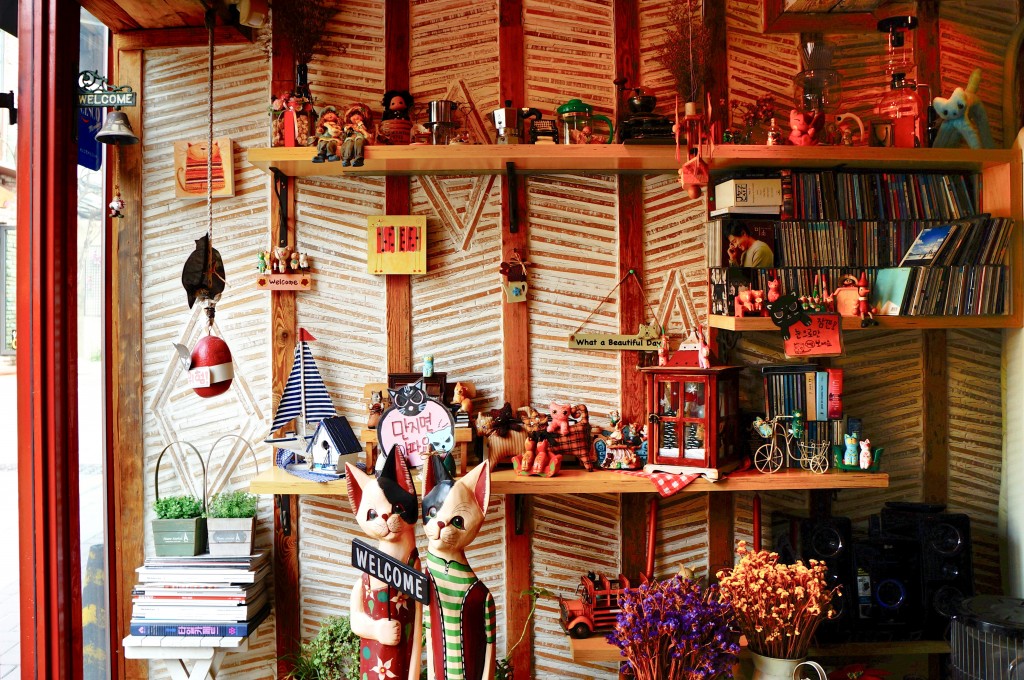“I’m fine, thank you, and you?”

Fulbright grantees have probably heard this line more times than they care to count. When I ask my students “How are you?” more often than not they automatically chirp, “I’m fine, thank you, and you?” It’s a simple answer to a simple question — one so ubiquitous that it even has its own song[1. “Fine Thank You and You?” by Korean indie band 10cm] — and it is all too easy to drop that line and move on.
But what if you are not fine? What if you are stressed, grieving or simply unhappy? It takes courage and honesty to admit that you are not fine. It takes even more strength to take moments of struggle and turn them into moments of growth — to not only endure tough times, but to learn from them.
For this year’s second issue of Infusion, we sought to bring out the heart of our mission: highlighting the diverse experiences of Fulbright grantees. The Fulbright experience certainly includes joyful moments with students and homestay families, moments of cultural exchange with colleagues and breakthroughs in academic research. But it also includes some things that aren’t so sparkly: homesickness, loneliness, struggles to adapt to a new culture and a new home.
As Jon Rice mentions in his piece about “manicured” lives, Fulbright director Mrs. Jai Ok Shim tells us, “Don’t compare.” She advises us against comparing our experiences, lest we feel jealous or short-changed. But “don’t compare” need not equate to “don’t share” — we can still listen to each other in challenging moments and offer support.
Ginger Whitesell grapples with the grief of losing loved ones an ocean away. Hana Lee faces a daunting request that forces her to examine the connection between racial identity and language. Marissa Lynn discovers a dark history behind her new home, where sunny beaches are haunted by the past. Our experiences are trying. Even the seemingly mundane moments of homestay life and teaching can be taxing, whether it’s dealing with a finnicky host sibling, navigating hygiene standards or literally baring all in front of your students. But the point is that we do not simply face these trials; we confront them. We acknowledge that we are not fine, and we seek solace in music, exercise, nature, religion or relationships.
My students may compulsively rattle off the line “I’m fine, thank you, and you?” but when I press them for different answers, they are wonderfully frank: “Teacher, I am sad.” “Teacher, so much stress, so tired.” Even in a foreign language, they are not afraid to share their worries: “Teacher, I have five tests next week. I went to sleep at 4 a.m.” “Teacher, the Sewol accident — those students, our same age.” They are not easy answers to say or hear, but they are honest. We hope you find the same honesty within these pages.
Please enjoy Volume 7, Issue 2 of Infusion.
— Katelyn Hemmeke, Editor-in-Chief
Footnote:
